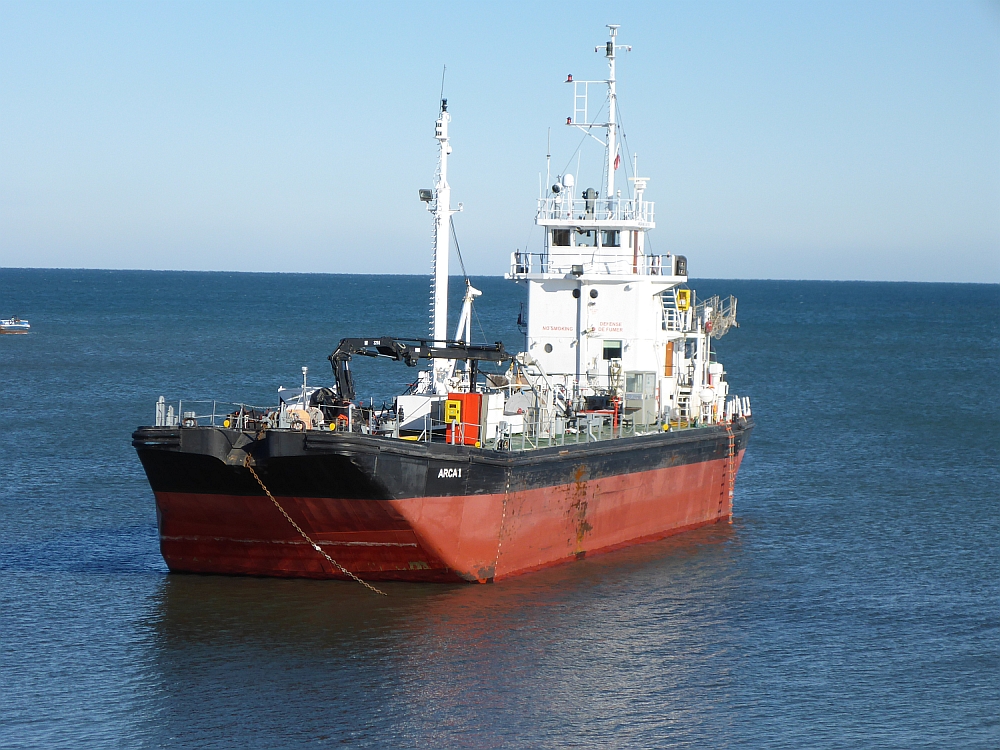Grounding
Bunkering tanker Arca 1
Little Pond, Nova Scotia
The occurrence
On , the motorized refueling barge Arca 1 with five people on board and without cargo ran aground in inclement weather near Sydney, Nova Scotia. The crew was evacuated by a Search and Rescue helicopter. The vessel was subsequently refloated and towed to port. There were no injuries reported.
Media materials
News release
Inadequate maintenance and voyage planning led to January 2017 grounding of Arca 1 near Sydney, Nova Scotia
Read the news release
Deployment notice
TSB deploys a team to Sydney, Nova Scotia, following the grounding of the tanker ARCA 1
Dartmouth, Nova Scotia, 9 January 2017 — The Transportation Safety Board of Canada (TSB) is deploying a team of investigators to Sydney, NS, where the tanker ARCA 1 ran aground. The TSB will gather information and assess the occurrence.
Investigation information
Download high-resolution photos from the TSB Flickr page.
Class of investigation
This is a class 3 investigation. These investigations analyze a small number of safety issues, and may result in recommendations. Class 3 investigations are generally completed within 450 days. For more information, see the Policy on Occurrence Classification.
TSB investigation process
There are 3 phases to a TSB investigation
- Field phase: a team of investigators examines the occurrence site and wreckage, interviews witnesses and collects pertinent information.
- Examination and analysis phase: the TSB reviews pertinent records, tests components of the wreckage in the lab, determines the sequence of events and identifies safety deficiencies. When safety deficiencies are suspected or confirmed, the TSB advises the appropriate authority without waiting until publication of the final report.
- Report phase: a confidential draft report is approved by the Board and sent to persons and corporations who are directly concerned by the report. They then have the opportunity to dispute or correct information they believe to be incorrect. The Board considers all representations before approving the final report, which is subsequently released to the public.
For more information, see our Investigation process page.
The TSB is an independent agency that investigates air, marine, pipeline, and rail transportation occurrences. Its sole aim is the advancement of transportation safety. It is not the function of the Board to assign fault or determine civil or criminal liability.
